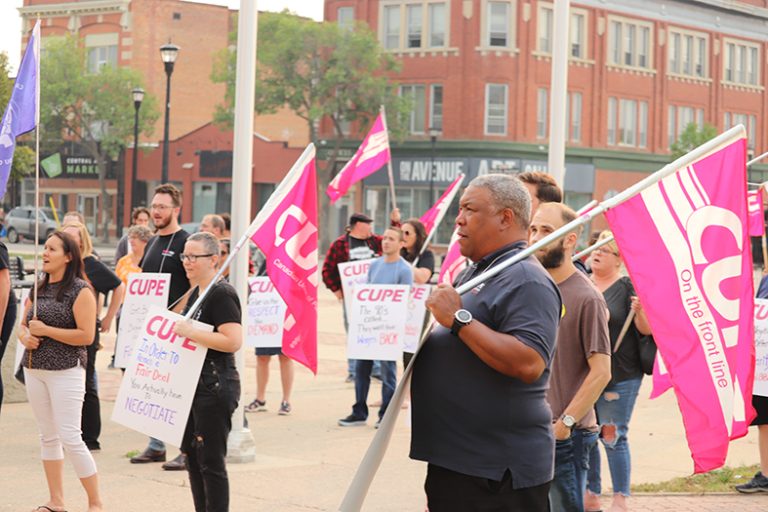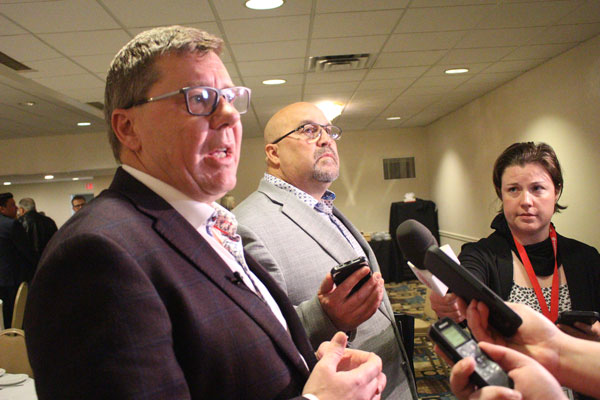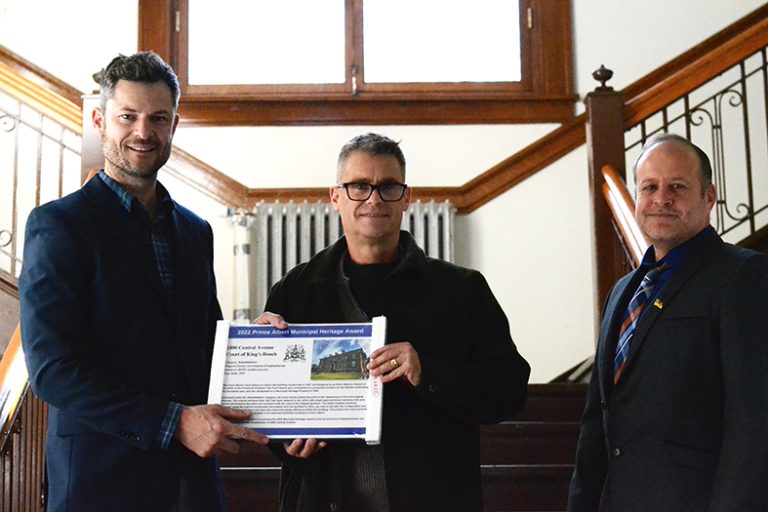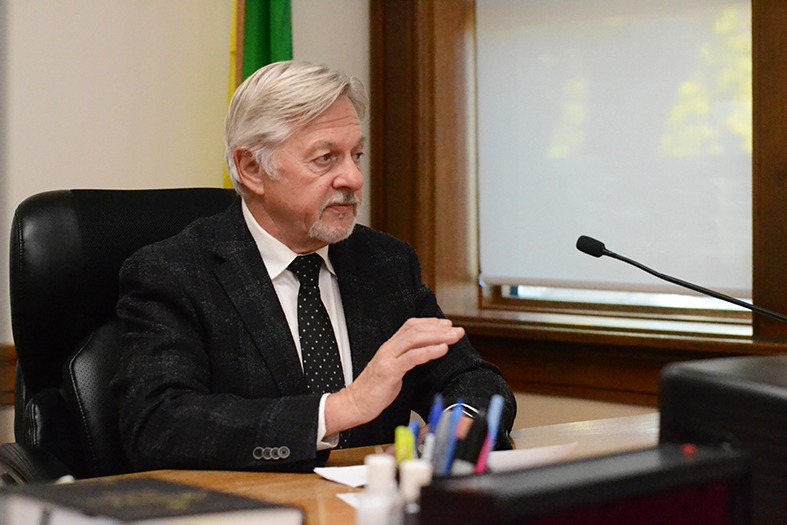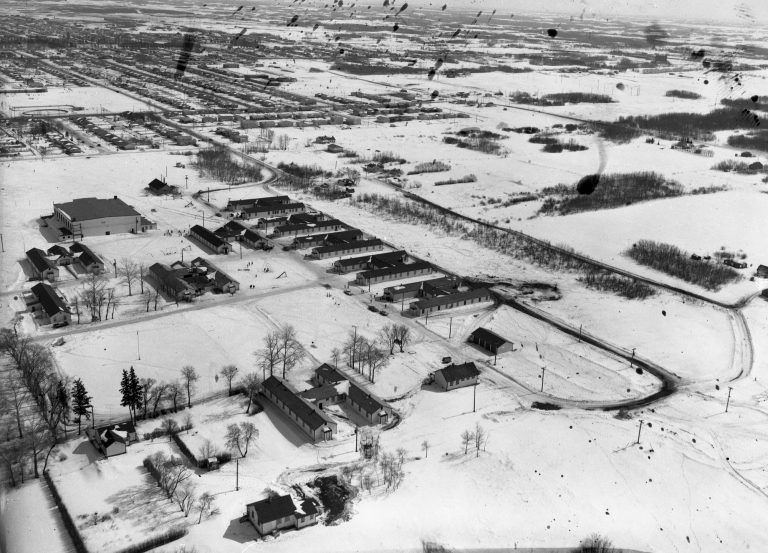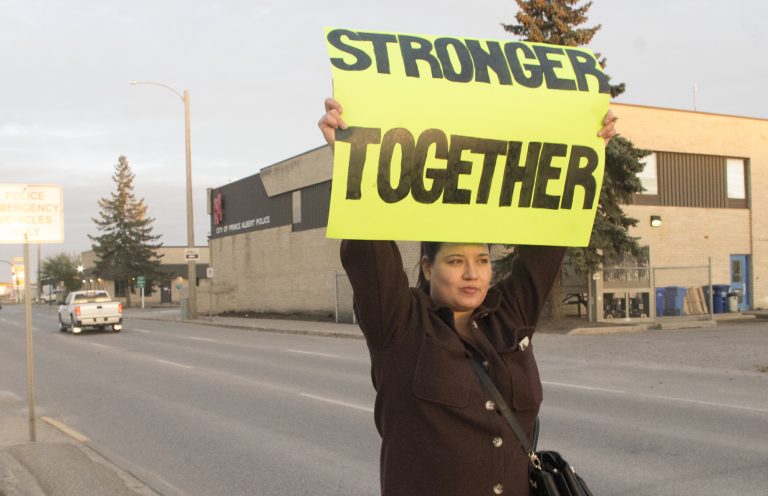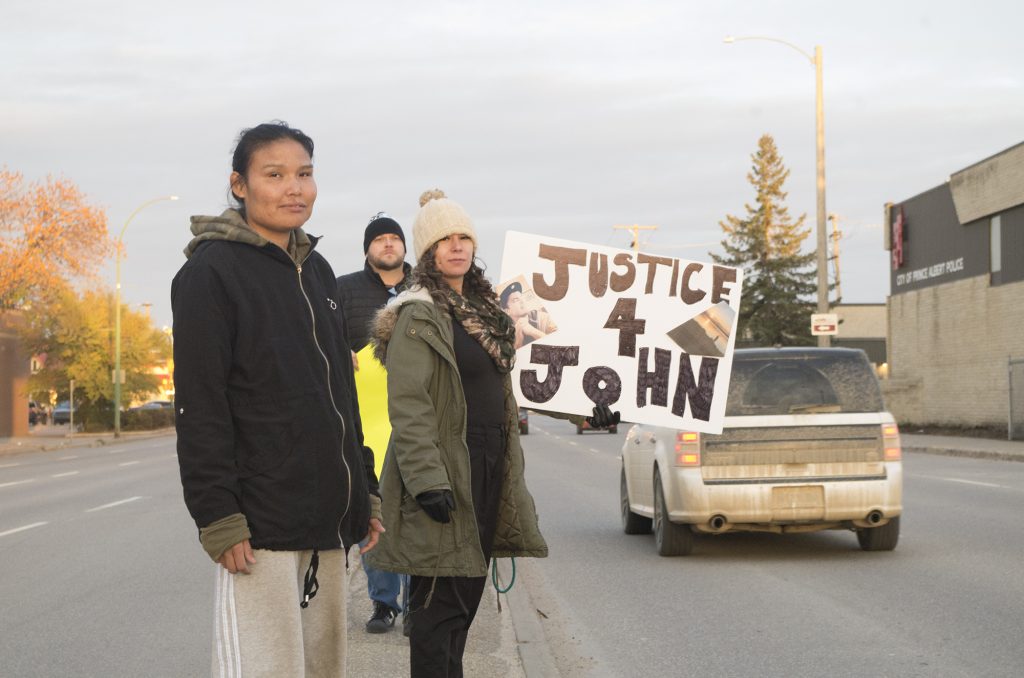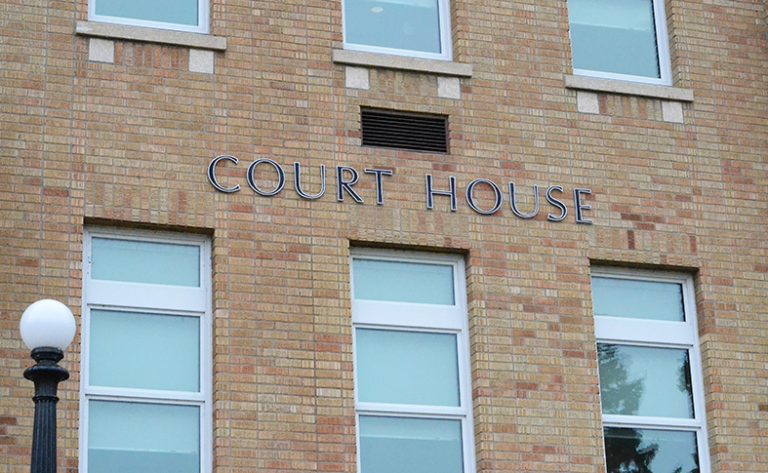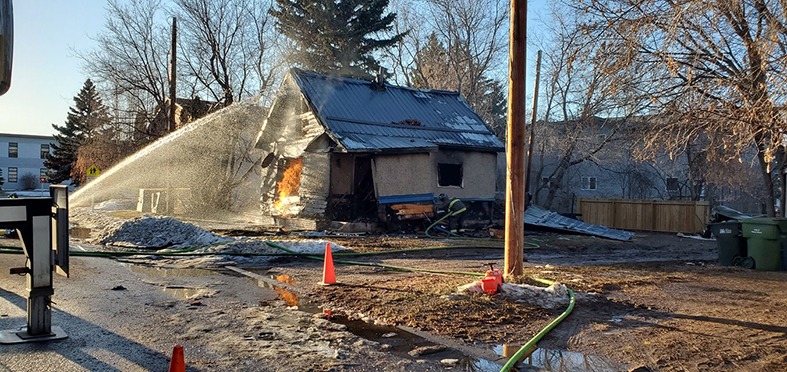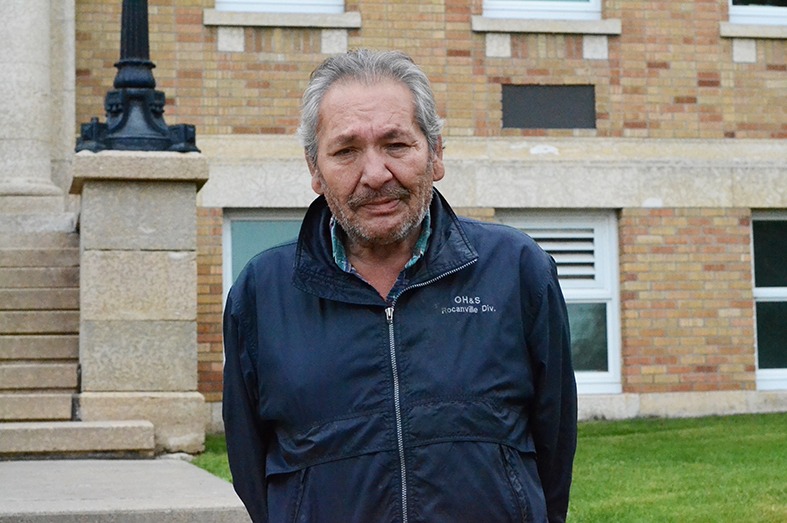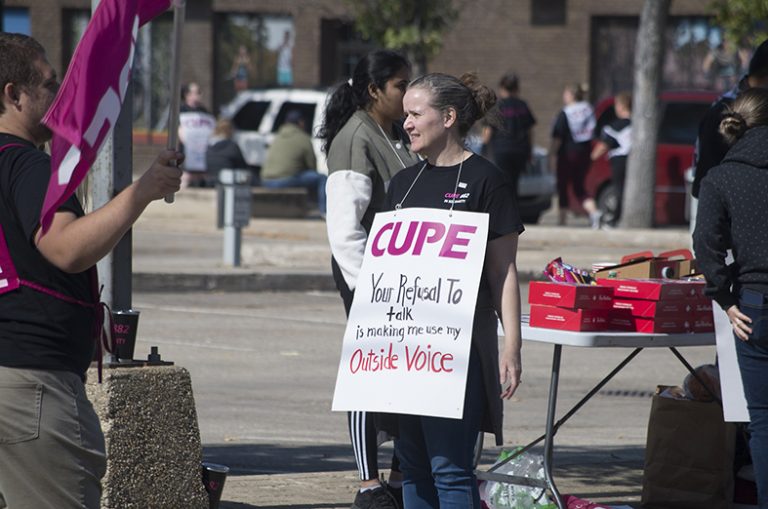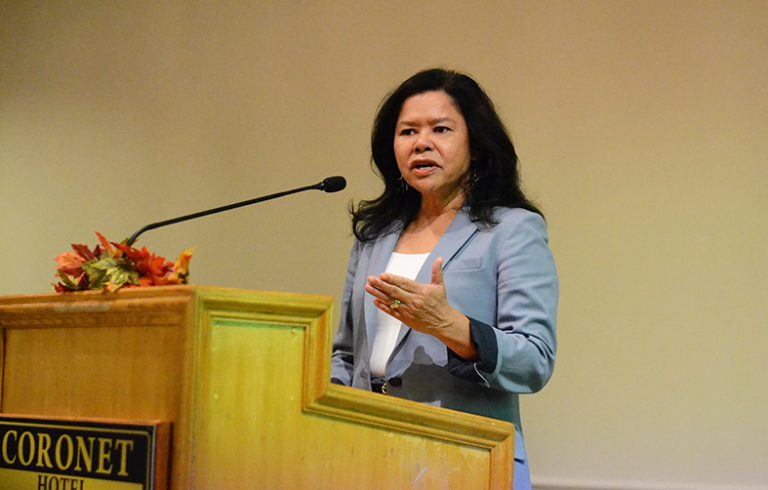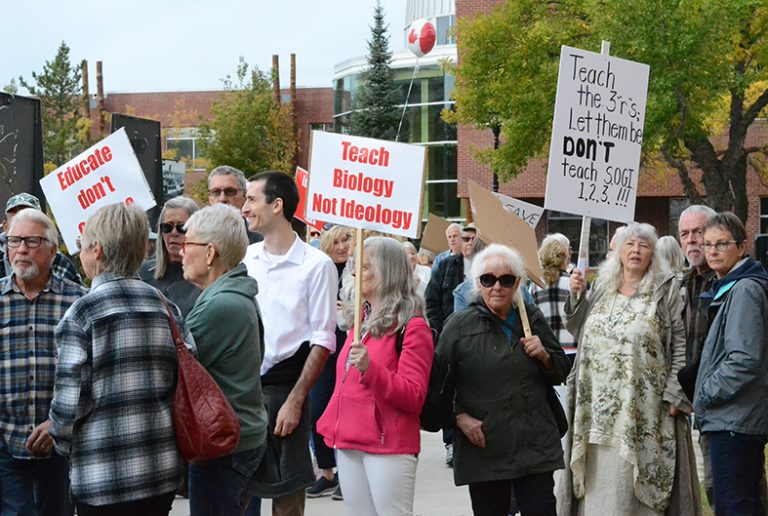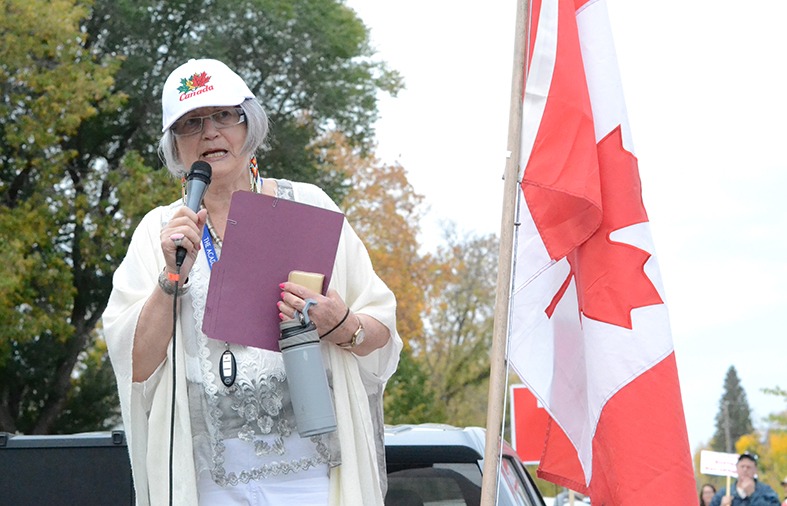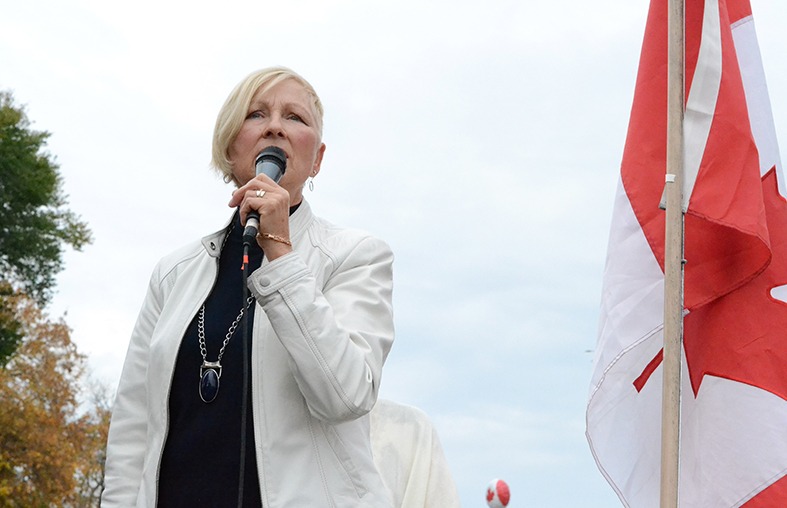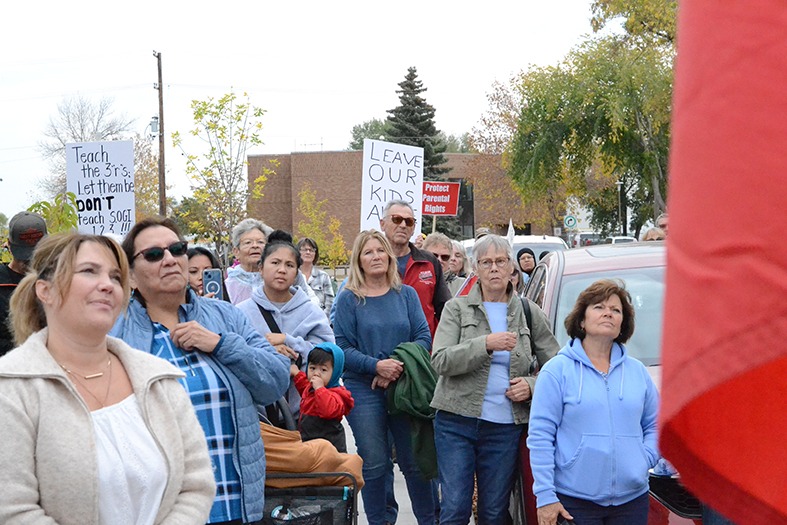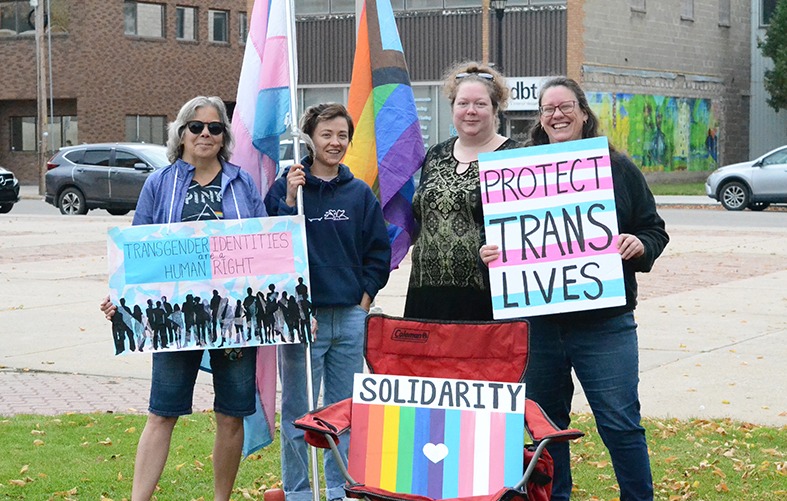‘We have to keep talking’: former residential school students emphasize importance of teaching the next generation
Linda Buffalo’s motion sickness began when she was just seven years old, loaded into the back of a truck from her home First Nation and taken to residential school. The next eight years would be forever etched into her memory, the trauma showing through to this day.
“That’s when I started my motion sickness, is when I was getting sick in the vehicle in the back and I got heck for that. It wasn’t my fault I was sick,” Buffalo recalled, now 71 years old.
“I got scolded and the other kids were upset because of that.”
The federal government first recognized the National Day for Truth and Reconciliation in 2021. Each year, it’s observed on Sept. 30 – known for the last 10 years as Orange Shirt Day – to recognize the harmful history of residential schools and to listen to survivors.
According to the Truth and Reconciliation Commission of Canada (TRC), residential schools were a “systematic, government-sponsored attempt to destroy Aboriginal cultures and languages and to assimilate Aboriginal peoples so they no longer existed as distinct peoples.”
The first school opened in Ontario in 1831. In 1996, 165 years later, the last residential school closed in Punnichy, Sask.
Buffalo was one of over 150,000 First Nation, Inuit and Métis children who were stripped from their families and culture – while she would make her way home, many did not.
“I just feel so cheated on life,” said Buffalo, describing how she’s felt inferior ever since.
“I can’t even enjoy swimming, I’m scared to drown. I can’t go and enjoy a picnic because of people having picnics around me, wondering what they think of us…I have to live with my door locked all the time,” she said.
“Eventually, through the years as I was going in life, I felt intimidated even by a little tiny baby.”
Buffalo continues to live in Wahpeton Dakota Nation north of Prince Albert, where she lived with her family until she attended the St. Michael’s Residential School in Duck Lake. She lived there for 10 months out of the year, with no contact with her family, sometimes returning for holidays like Christmas or Easter.
Her siblings also attended, including her little sister.
“I had seen my sister sitting at a pole, they call it a pillar, that’s that pole that keeps up the building. She sat there, I went upstairs, did a bit of homework and I went down to check and she was still sitting there. I said ‘go play,’” said Buffalo.
“This nun, she poked me in the back real hard, did she ever hurt me. I straightened out my back and I looked and she said ‘Mind your own business, you have no business here, your sister’s in trouble again – longer.’”
Students were scolded for “normal things,” she explained, such as lying, arguing or wetting the bed.
“Naturally, they were scared to get up and go use the bathroom,” she said.
“If they peed their bed, they’d get a spanking on the butt with a wooden brush and they wouldn’t use the smooth part, they would use that bristle part and whacked them.”
Tom Roberts, another survivor who lives in La Ronge, also remembers the punishment from peeing the bed.
“You can’t go to the washroom after seven or eight o’clock in the evening or you’d get a licken, but if you peed your bed, you got another licken anyway. We used to take turns being night watchmen, watching for the supervisor to come out and some kids would sprawl to the washroom,” he said.
Roberts attended the residential school in Prince Albert from age nine. According to the TRC, this school grew to be the second largest in the country.
He was flown from Stanley Mission to La Ronge in 1958, then bussed to Prince Albert.
“The first few weeks, couple weeks for sure, it was hard. No mom and dad. A lot of crying, a lot of loneliness and frustration, not knowing where you are, which way is home,” he described.
“Being there all those years, we did get an education, but not at the cost of losing your language, your culture, your heritage and your identity. It took that away from us when we were there and that’s the part that hurts the most – our parents’ way of life didn’t matter at all.”
Roberts said he spoke Cree at home and barely any English. Since speaking his own language was forbidden at residential school, he had to learn English “hard and fast,” sneaking other students away to help him translate.
“A friend of mine used to tell me ‘Tom, it took me about three to five years to learn the English language, and now I’m spending the rest of my life learning my Cree language,’” said Roberts.
“Now, kids are taught Cree in school. They encourage us to do that and I always come up with this: Now, you’re telling us to talk Cree after beating it out of us for over 100 years. Then, they say ‘learn your culture,’ they beat that out of us for over 100 years.”
That abuse became normal, and the kids didn’t know any different.
As students returned home and grew into adults, eventually building their own families, Roberts said many raised their children the only way they knew.
“In my generation, we failed as parents because we were never taught how to raise children, we were never taught how to respect women. We weren’t even allowed to talk to the girls at the residential school. All that stuff has boiled down to a lot of our people are angry,” he said.
“All those combined to what’s happening now with our people, our parents, our communities. It’s starting to really show.”
Now into the third generation, Roberts said survivors are teaching children about what happened to them, and working to sustain their cultures through youth. This includes respecting elders.
“We have to keep the momentum going and not stop or it might fizzle out. We have to keep talking about it.”
For Buffalo, the discovery of unmarked graves at former residential school sites across Canada was an “eye-opener,” especially for non-Indigenous people.
In May 2021, ground-penetrating radar revealed more than 200 potential graves at a former residential school site in Kamloops, BC. Ever since, Buffalo has been hosting an awareness walk from Wahpeton to Duck Lake yearly.
Radar is continuing to reveal more and more potential spots of buried children today.
“Right now, there’s lots of schools, lots of people that are lost in those graves,” she said.
Roberts said the federal government giving employees paid time off for Truth and Reconciliation Day is a positive step. Still, it’s not recognized by the provincial government.
He added that more programming is needed to help survivors heal. While this will take time, and the memories will never leave them, Roberts said it’s important to move forward.
“You can be a professor, have a master’s degree, but if you haven’t lived life in residential school, you have no right to talk about residential schools. The people that have lived it, they are the professionals,” he said.
Roberts continues to speak about his residential school experience at schools and conferences, in hopes that children will have a different upbringing than he did.
“We had no love at the residential school, nobody…to say I love you or goodnight, or to hug you when you’re crying. It was ‘Get the hell to bed,’” he remembered.
“The most beautiful words I hear when I go see the grandchildren are ‘I love you, grandpa.’”
jayda.taylor@paherald.sk.ca @JournalistJayda

